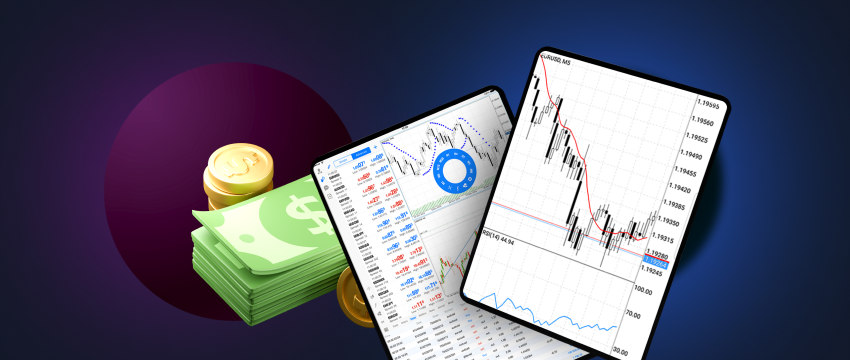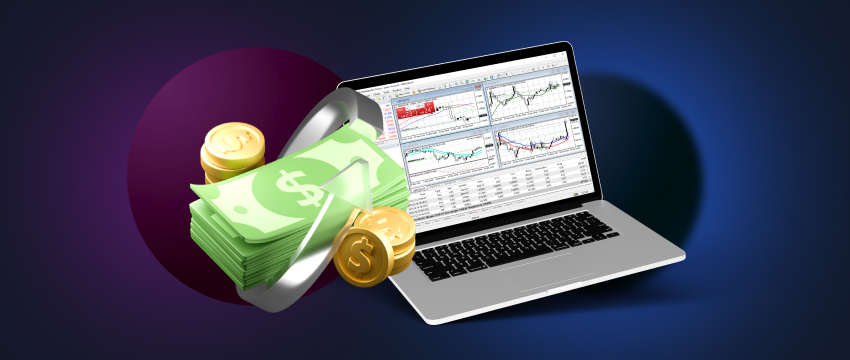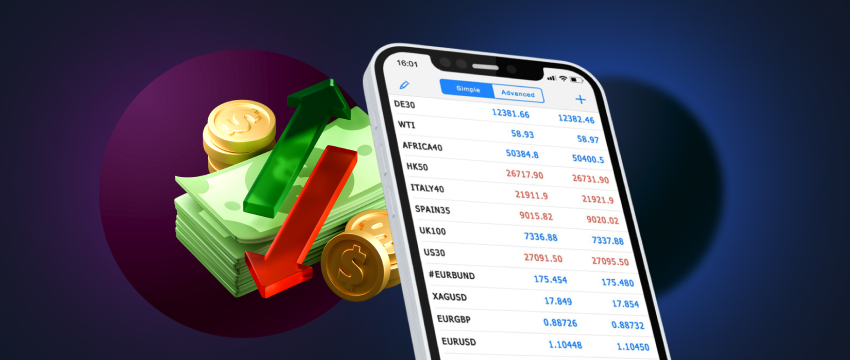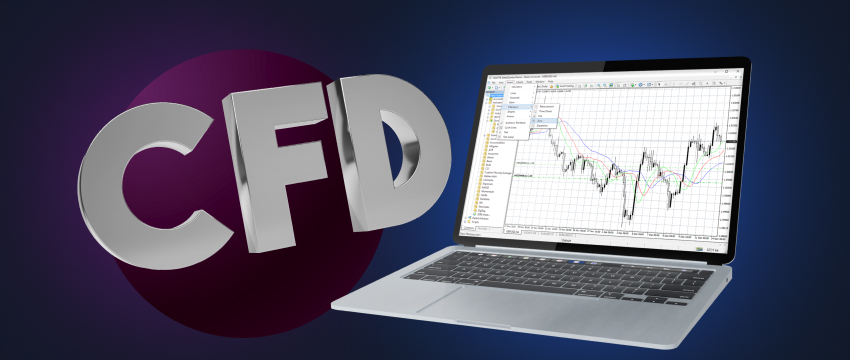For someone looking to diversify their investment portfolio, the option to engage in forex trading may be appealing. It’s an avenue to utilise your capital. You can speculate on some of the world’s most popular currency pairs. If successful, this can lead to profitable gains.
However, forex trading does come with significant risks. The forex market is volatile. Prices can rise and fall within minutes, if not seconds. The potential for loss is high and often unexpected.
Therefore, before taking the plunge into this space, there are some key points worth considering. You should establish whether trading forex aligns with your investment goals. Additionally, consider your tolerance for risk and your overall budget.

What is it about forex trading that appeals to global traders?
A decentralised market
The forex market operates without centralization. This removes the need for the involvement of a central authority. Instead, buyers and sellers conduct transactions directly.
Decentralization allows practically anyone across the globe to participate in forex trading.
This participation occurs without restrictions from a central location or a single point of control. This includes retail traders, banks, governents, financial institutions and corporations.
Additionally, decentralisation also means that the forex market can operate 24/5 across various time zones. This gives traders the flexibility to trade at a specific time or on a particular day. They can choose the timing that best suits their schedule.
In a decentralized market, supply and demand primarily drive prices, not a central exchange or regulatory body. It also allows for more competition amongst market participants, often times leading to better pricing and competitive spreads.
High liquidity and quick trade execution
You’ve probably heard this many times before, but the forex market is arguably the largest and most liquid financial market worldwide.
This allows traders to execute trades more easily and in large volumes. This is especially true if automated trading is involved.
The level of trading activity determines liquidity in the forex market. Liquidity is measured by the number of traders actively participating and the volume of their trades. The daily trading volume of trillions of dollars allows traders to buy and sell currencies quickly and easily.
Highly leveraged with low capital requirements
The forex market has high leverage, which increases the potential for significant gains.
This is not to say that leverage can’t be incredibly dangerous if mismanaged, it absolutely can be and more often than not, is – leading to adverse trading outcomes and significant losses.
However, leverage does offer a way for a trader to enter the forex trading space, with relatively little capital, allowing them to manage larger positions that their budget would not typically allow.
And if those positions happen to be successful or move in your favour, profits can be amplified considerably.

A trading strategy to meet all trading needs
With the right trading strategy, forex trading offers traders and investors the opportunity to earn favourable returns. A diverse mix of strategies exist, all of which have something to offer different types of traders.
Some of the most popular strategies include:
- Day trading typically sees a trader opening one or more positions during the day, which are closed before the trading day ends. Positions are not held overnight to limit risk. Day traders will usually make use of technical analysis to take trading decisions.
- Swing trading will usually see a trader holding onto positions for several days to weeks. This does increase exposure to overnight market movements and potential gaps, sometimes leading to loss. Swing traders may use both technical and fundamental analysis for a given trading opportunity.
- Scalping is an incredibly short-term trading strategy whereby multiple positions are opened and closed frequently throughout the trading day, in an attempt to make a profit off tiny price movements.
- Position trading is a longer-term approach trading strategy that enables traders to hold onto positions for lengthier periods, usually months or even years. Fundamental analysis is a core component of position trading.
Other popular trading strategies include news trading, automated trading, trend trading and range trading. The choice of strategy is largely dependent on one’s availability of time, skills, tolerance for risk, and budget.
What are the key risks inherent to forex trading?
While forex trading clearly offers opportunities for investors, it also involves a considerable number of risks. Let’s take a look at what those are.
Forex trading can be complex
On the surface, forex trading comes off easy, it’s simply a case of speculating on the price movements of currency pairs, simple, right? Wrong.
To achieve any level of success in forex trading requires a deep understanding of financial markets and the factors that drive prices up or down.
It requires the constant monitoring of market-moving events, be this economic news or releases, geopolitical tensions, environmental disasters, and so much more.
One only has to look at what is seemingly a worsening U.S. economy, the Israel/Palestine conflict and the rise of tensions across the Middle East, the Russia/Ukraine war, the rise of far-right prominence in countries like France and the Netherlands, the attempt on former US President Trump’s life, and even the Covid pandemic, to see how extenuating factors can impact global financial markets exponentially, the forex market included.
Forex trading as an investment requires significant effort to stay updated, continuously anticipate market impacts, and react accordingly.
The psychological toll of trading
Forex trading is more than just about technical or fundamental analysis or monitoring world markets. It’s just as much about one’s trading psychology and the extent that one allows their feelings to drive trading decisions.
Trading psychology has become a key focus in the financial sector, particularly in the way that it can dictate success or failures in a financial context. So popular has this topic become that it has become a subject of many books and is a core component of current research.
In fact, trading psychology today is segmented into two core pillars, cognitive bias and emotional bias. Where cognitive bias refers to a deviance from objective reasoning based on social influences, individual experiences or limitations in processing information, emotional bias refers to the influence that human emotions or mood can have on decision making.
Both forms of biases have the ability to hinder sound judgements and choices, and if not properly managed, be this through mindfulness practices, ongoing learning, or by some other techniques, they can quickly lead to poor financial decisions.
Poor risk management and capital loss
Regardless of how skilled one is at trading, the need for integrating risk management best practices into your chosen strategy is key to safeguarding your investment.
Risk management takes on many forms for different traders. Some of the more common techniques used though including setting stop-loss and take-profit orders to limit losses and tie in profits.
Position sizing is a crucial tool that determines how much a trader or investor will trade. It largely depends on the individual’s budget and the level of risk they are prepared to take on.
Cautiously using leverage is another vital skill that helps mitigate forex trading risk.

Trading with T4Trade
A popular broker amongst traders worldwide, T4Trade strives to offer a trading experience that mitigates the risks that come with forex trading.
They do this through a comprehensive service offering that includes access to one of the world’s most popular trading platforms, the メタトレーダー4(MT4), as well as extensive educational resources and tools including a useful Economic Calendar to monitor key financial releases, a range of account types, competitive spreads, quick executions, and easy deposits and withdrawals.
Also available is a 24/5 multilingual customer support team that’s on hand to assist with any queries a trader might have.
Disclaimer: This material is for general informational and educational purposes only and should not be considered investment advice or an investment recommendation. T4Trade is not responsible for any data provided by third parties referenced or hyperlinked in this communication.




